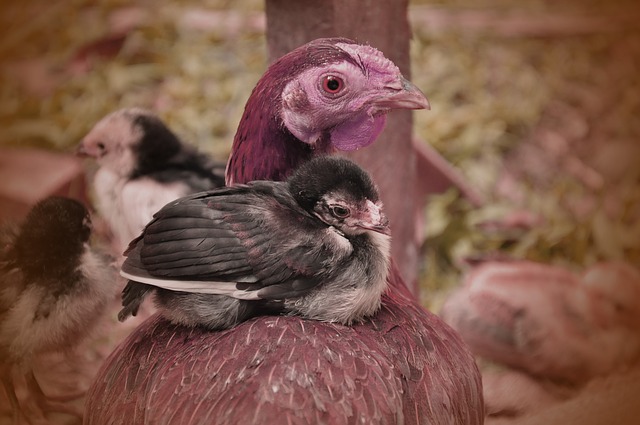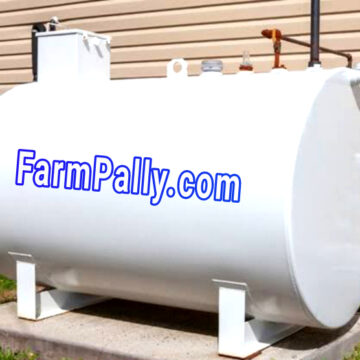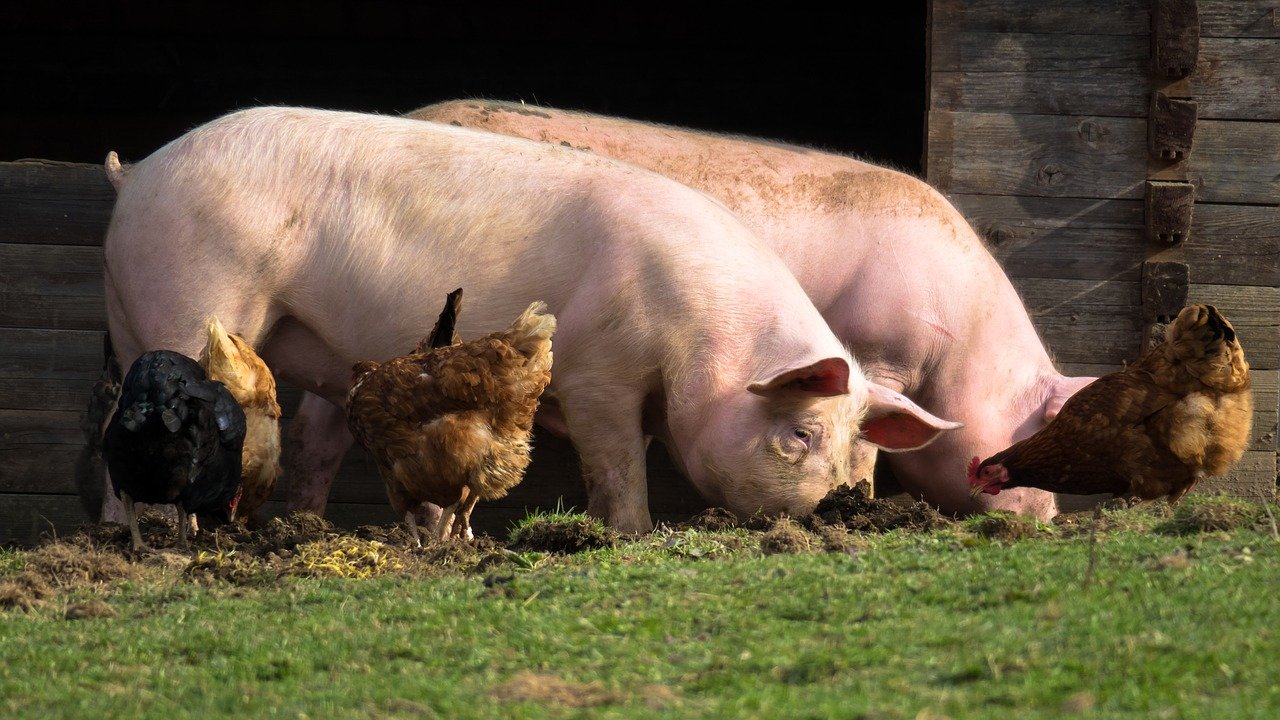Poultry farming is a good business that can be managed by both men and women.
Anyone can make a poultry farm at home, provided the facility and resources are available, and wastes are well managed.
However, to be able to make millions from poultry and become successful in it, standard management practices should be taken seriously.
Poultry farming would only become a profitable business if you manage your birds effectively.

Poultry Health Management Practices
The following rules should be followed for good health management of birds.
- Only healthy stocks should be purchased. All poultry stocks should be purchased from poultry suppliers whose flock is known to be disease-free.
- Birds of different ages and types should not be mixed and should preferably be reared in separate poultry houses.
- The same poultry attendants should not be used to attend to the birds of different ages.
This precaution is necessary to avoid the spreading of infection between poultry houses in birds of different ages.
- Birds should be reared in properly ventilated poultry houses.
- Adequate control of temperature, humidity, and ventilation in the house should be maintained.
- Birds should be properly vaccinated against diseases likely to occur in the locality.
- Internal parasites, especially worms, and external parasites especially lice and ticks should be controlled with appropriate drugs.
- The area within and outside the house should always be kept clean.
- Grass around the houses should be constantly cleared.
- Any excreta removed from the house should be disposed of far away from the farm.
- Rats and wild birds are agents of disease and should be kept out of the poultry house.
Any roosting nests in the house made by birds or rats should be removed.
- The entry of visitors into the house should be prevented and at worst restricted.
Where visitors are allowed in, they should be made to pass through the foot bath with disinfectant before entering the house.
They should not be allowed to touch any equipment, egg crates, chick boxes and other materials of unknown origin on the farm should be restricted.
- It is advisable to maintain strict isolation from neighboring farms.
Birds recently purchased or returned from other farms should not be allowed to mix with the home birds for at least 1 to 2 weeks.
- Personnel working on the farm should be clean and wear overalls.
- The birds should be constantly watched and any deviation from the normal should be reported to the appropriate authorities immediately.
- All dead birds should be removed from the house as soon as they are noticed and should be properly disposed of.
- Maintain adequate records of management, procedure, production, vaccination, diagnosis, and treatments. By maintaining adequate farm records, problems can easily be spotted.
- Feed nutritionally balanced diets. Some diseases are caused by nutritional imbalances.
- To reduce disease, an all-in and all-out system should be applied.
This means that birds should be brought into the poultry house at the same time and disposed of at the same time, with no mixing of old and new birds.
- After each batch of birds, it is advisable to thoroughly clean and disinfects the poultry house before the next batch of birds is placed in the house.
All measures outlined under the care and health management of poultry birds above constitute the disease prevention and parasite control measures for poultry.
Follow the poultry management guide and enhance your farming techniques.
As the saying goes, prevention is better, safer, and cheaper than cure.
Drug usage In Poultry Farm
There’s no how we can talk about the care and management of poultry without discussing the vaccination of birds.
Chickens are vaccinated to prevent bacterial and viral diseases and some other forms of diseases.
Having said that, drugs should be used under proper advice.
Indiscriminate use of drugs on birds should be avoided.
The following hints have proven useful to poultry farmers.
- Anti-biotics may be used in water once every two to three weeks for 3 to 4 days, starting from the day the birds are brought to the farm.
Some anti-biotic preparations come with some added vitamins.
Antibiotics may be used at more frequent times if the relevant authority says so.
- If the poultry farmer is sure that no coccidiostat eg. Amprolium was added to the feed, it may be necessary to use this in water.
Coccidiostat (a drug for controlling coccidiosis) may be added to the water from the second day for consecutive days and thereafter.
Once every 2 weeks until the bids are 6 weeks old.
Particularly during the rainy season, coccidiostat containing both amprolium and a sulfaquinoxaline are best and are highly effective
- Chickens should be dewormed every 8 weeks starting from 8 weeks of age.
Dewormers should be added to water for two consecutive days.
If broilers are sold for less than 10 weeks, there is no need to deworm them.
The manufacturer’s instructions must be followed when using any drugs.
All drugs should be withdrawn at least one week before the birds are marketed.







